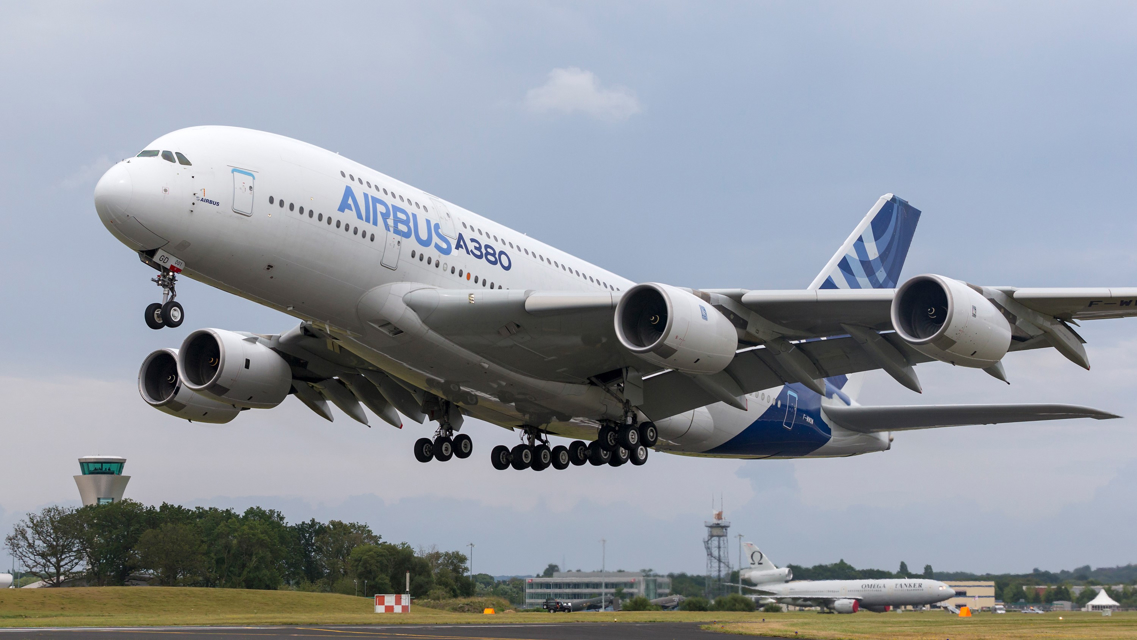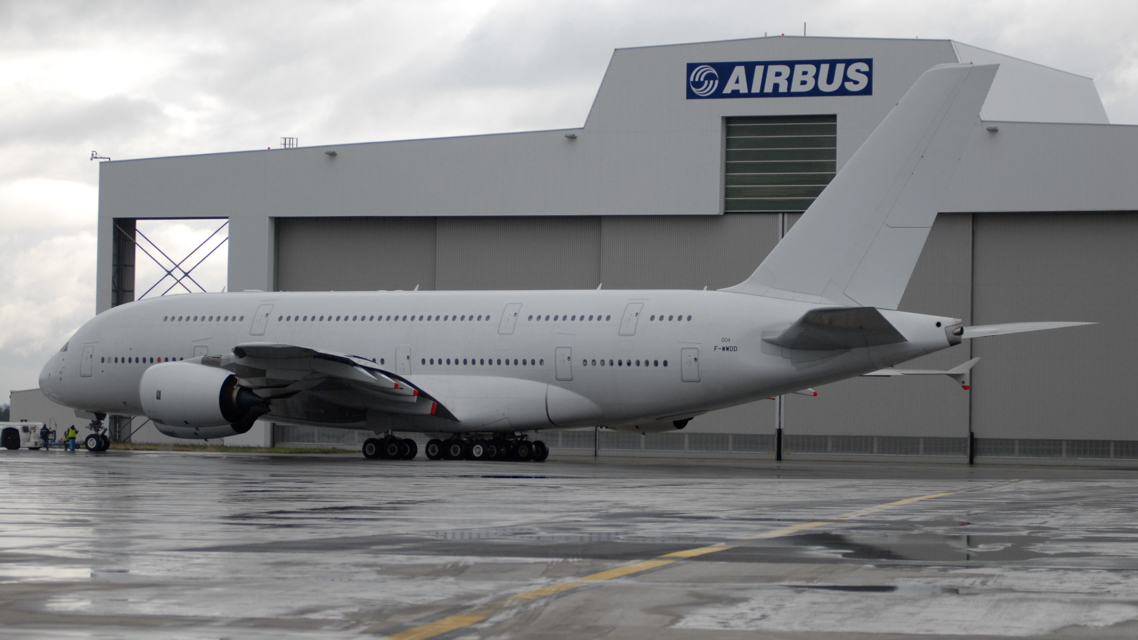Trade unions representing Airbus civil aviation workers came together on 19 March to discuss the impact of COVID-19 on the industry and the ‘Odyssey’ restructuring plan put forward by Airbus in 2020 to manage the crisis. The trade unions agreed on joint demands on behalf of all European workers and demonstrated strong solidarity with workers in Spain. They urgently called on management to immediately enter into full social dialogue to find socially acceptable solutions for their future.
Whilst initial restructuring plans for Europe foresaw a shocking 15,000 job losses at Airbus, huge efforts by trade unions led to agreements in Germany, France and the UK, which have avoided forced redundancies. However, workers in Spain are still being left in the dark. Trade unions believe that the Spanish management is misusing the current COVID-19 crisis to deal with issues which are not related to the adaptation plan. Furthermore, Airbus management is denying Spanish trade unions the constructive social dialogue which has proven to be successful so far.
The Airbus trade unions had a clear message at their meeting: we stand together in solidarity and oppose any forced redundancies. To emerge from the current crisis, Airbus needs a clear European strategy for the future of the company which meets the twin challenges of the green and digital transitions.
Isabelle Barthès, Deputy General Secretary of industriAll Europe, said:
‘’Uncertainty about the future of the aerospace industry remains high. The industry can only survive by investing in both future-proof technologies and its highly skilled workforce. The worst thing that Airbus could do for its future is to lay off workers or cut investments. We need the company to engage with workers on a truly ambitious European strategy for its future, which ensures that it remains a world leader in civil aviation.’’
European trade unions representing Airbus workers in civil aeronautics demand that the company:
- Immediately engages with workers representatives in Spain to find a social solution for workers.
- Refrains from staff cuts, site closures and forced redundancies: employment should be safeguarded using national government support and collective bargaining with trade unions.
- Preserves the European division of labour: avoiding a one-sided shifting of workload and the creation of competition within Europe by focusing on ‘’cheaper labour’’.
- Preserves jobs throughout the value chain: flexibility of supply contracts, constant monitoring, rapid address of supply chain disruptions and transparency between OEMs and supplier companies, which is vital to keep the highly integrated and extremely specialised supply chain intact.
- Maintains its European sites: trade unions in Europe oppose "low - (best) cost strategies’’ which lead to the relocation of jobs to countries with lower social and/or environmental standards.
- Invests in skills and training: the importance of securing and maintaining internal know-how, as well as attracting and training the next generation of skilled workers, is critical in facing the twin challenges of a green and digital transition.
- Avoids precarious employment: with direct employment as a preference and fixed-term and temporary employment only being used for limited, temporary needs.
- Invests in future projects and R&D activities: the need to invest in decarbonisation will be the lifeline to its survival.
- Implements the demands set out in industriAll Europe’s Aerospace Paper: ‘’Flying into Recovery’’.
Press release in PDF EN, DE, FR and in Word EN, DE, FR
Industriall Europe's Aerospace Position Paper: EN, DE, FR
Contact: Andrea Husen-Bradley (press and communication), Elspeth Hathaway (policy adviser)

